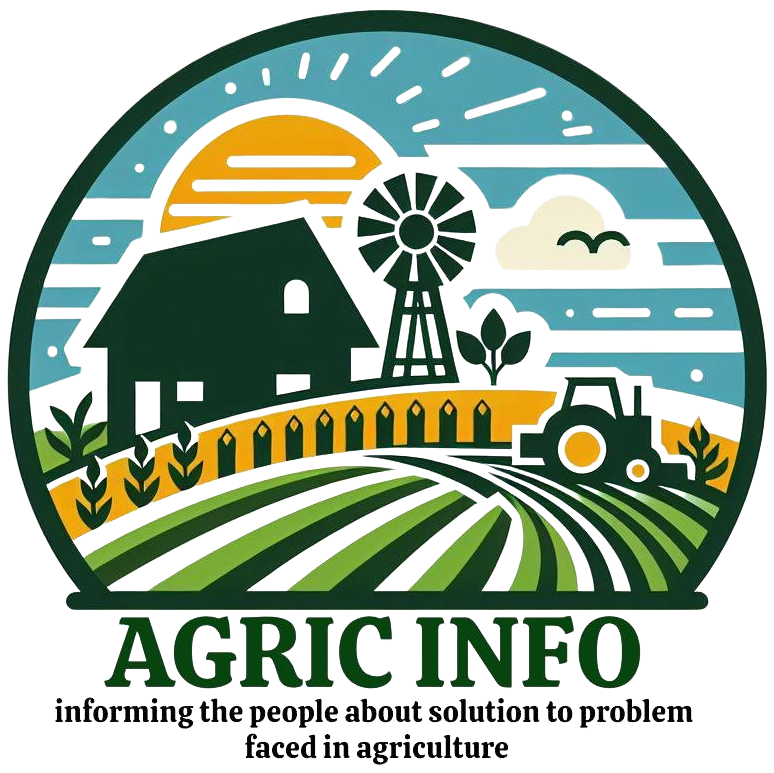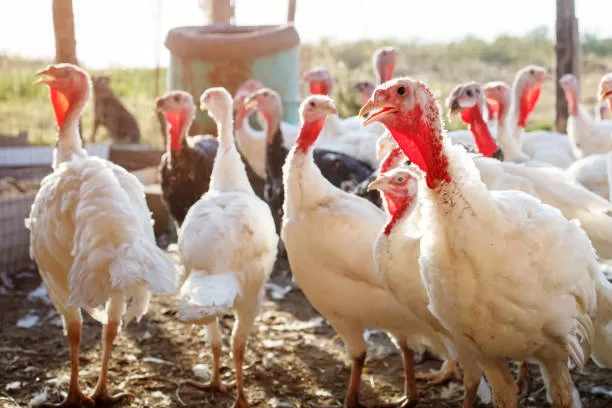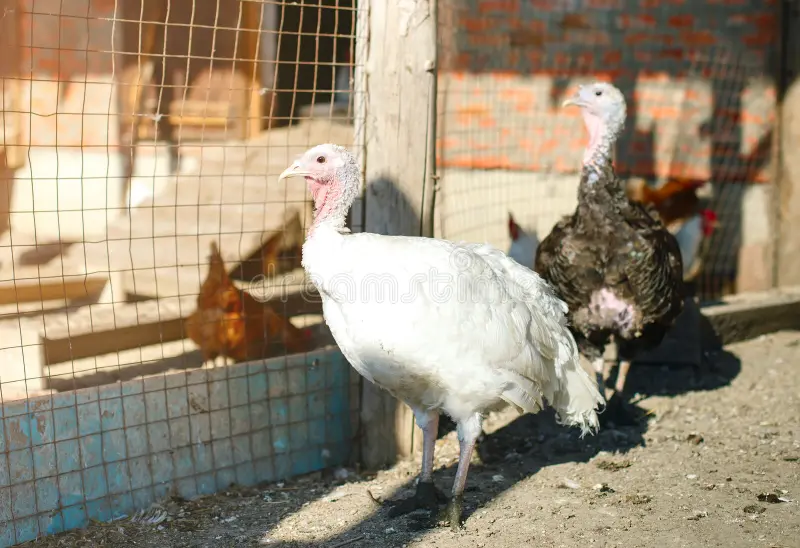HOW TO SET UP BACKYARD TURKEY FARMING
Knowing how to set up backyard turkey farming is becoming a popular option for people looking for fresh, organic food while embracing self-sufficiency. Raising turkeys at home not only ensures a steady supply of high-quality birds but also helps to ensure long-term food production. It is essential to know how to set up backyard turkey farming for those who want to raise it at home.
In this article, we will walk you through the process of establishing your backyard turkey farm, address issues, and offer useful information for beginners.
Legality and Space Requirements
The legality of such an enterprise is a common concern among aspiring backyard turkey growers. Before you start raising turkeys at home, it’s critical to investigate and understand the local regulations and permits that are required. This initial step assures a seamless and legal operation, avoiding potential problems later on.
In terms of space, one can wonder if a backyard is adequate. The good news is that turkeys do not require a large area to thrive. A well-designed backyard turkey coop may maximize area use while also providing these birds with a comfortable environment.
PLANNING AND PREPARATION
Now that we’ve addressed the first issues, let’s move on to the planning and preparation step.
Understanding Local Regulations
Before bringing turkeys into your backyard, learn about turkey farming legislation in your state. Different regions may have different rules regarding the ownership and care of chickens. This step is critical for assuring compliance and avoiding legal issues. Remember that understanding local restrictions is critical to running a profitable and healthy home turkey farm.
How to Start Snail Farming at Home
Assessment Based on Numbers and Resources
The quantity of turkeys to grow is an important component of planning. This decision should be based on available space, resources, and your turkey farming venture’s aims.
Selecting the Best Turkey Breeds for Your Yard
When it comes to turkey breeds for backyard farming, it’s critical to evaluate your space’s specific requirements as well as your venture’s aims. Bourbon Red and Narragansett are heritage breeds recognized for their strong foraging abilities and adaptation to backyard conditions. These breeds not only contribute to self-sufficiency but also to the preservation of a healthy, organic ecology.
BUILDING A TURKEY COOP
A well-built poultry coop is essential for successful backyard turkey farming. Building a DIY
turkey coop is an important part of ensuring the health and productivity of your backyard flock.
Materials Required:
2×4 plywood
Hardware cloth
Nails and screws
Hinges
Roofing supplies
Design and Layout:
Plan the coop layout to ensure enough space for each turkey. Nesting boxes, roosts, and proper ventilation should all be included.
Predator Protection:
Cover the hardware with hardware cloth to keep predators out. This is an important step in protecting your turkeys’ safety, especially at night. Include a secure locking mechanism for further security.
Nesting Boxes:
Create and install nesting boxes for egg-laying turkeys within the coop. Make it simple for children to collect and clean eggs.
Ventilation:
Adequate ventilation is critical for the health of your turkeys. Incorporate vents or windows to ensure optimum ventilation while retaining insulation during colder seasons.
Selling Backyard-Raised Turkeys: Turning a Hobby into a Business
Once your backyard turkey farm is established, you may want to sell any excess produce. This section will go over the practicalities of selling backyard-raised turkeys, including prospective markets, legal considerations, and marketing tactics. Turning your hobby of backyard turkey farming into a viable business is not only satisfying, but it also helps the local, sustainable food movement.
Purchasing a Pre-Made Option:
If building a DIY coop isn’t your style, try purchasing a pre-made turkey coop. Look for choices that meet the space, ventilation, and predator protection requirements. Many trustworthy vendors offer coops in a variety of sizes and features to meet your specific requirements.
CARE AND FEEDING
Appropriate Turkey Diet:
Understanding your turkeys’ nutritional demands is critical to their general health and productivity. Adjust their nutrition based on their age and breed, using a well-balanced commercial turkey feed. This meal should include important elements such as protein, vitamins, and minerals.
Clean Water Source and Waste Management:
Always provide clean and fresh water to your turkeys. To prevent pollution, water sources should be freely accessible and cleaned regularly. Effective waste management is also essential for maintaining a sanitary environment. Proper waste disposal reduces the danger of disease spreading within the flock.
Taking Care of Common Health Concerns:
To keep your turkeys healthy, keep an eye out for common health issues, including respiratory infections, parasites, and injuries. Learn about preventive measures such as immunization regimens and frequent health exams.
PRODUCTION AND CONSUMPTION
After putting in the time and effort to raise your turkeys, the processing and consuming stage is an important and enjoyable aspect of the backyard farming experience.
Butchering and Processing:
The home butchering of turkeys is a skill that may be honed with experience. If you prefer a hands-off approach, you can also use professional processing services. When butchering meat at home, make sure you have the right tools, such as a sharp knife, a cutting board, and a clean workstation.
Begin by slaughtering the turkey humanely, followed by plucking, eviscerating, and preparing the meat for consumption.
Turkey Meat Storage and Preparation:
Once your turkeys have been processed, it is important that you use appropriate storage and preparation methods. Refrigerate or freeze the meat as soon as possible to prevent bacterial growth. Properly wrapped turkey may be frozen for an extended period, assuring a continual supply of domestic meat. To maintain food safety, when preparing turkey, use good hygiene procedures to avoid cross-contamination and cook the meat to the recommended internal temperature.
Consider adding any necessary processing equipment or supplies that readers may require when processing turkeys at home. Knives, plucking machines, cleaning materials, and storage packing materials are examples of such items.
In conclusion, home turkey farming is a rewarding effort that provides a sustainable source of high-quality meat. Each stage, from breeding to processing and consumption, contributes to the overall success of your farming business.



